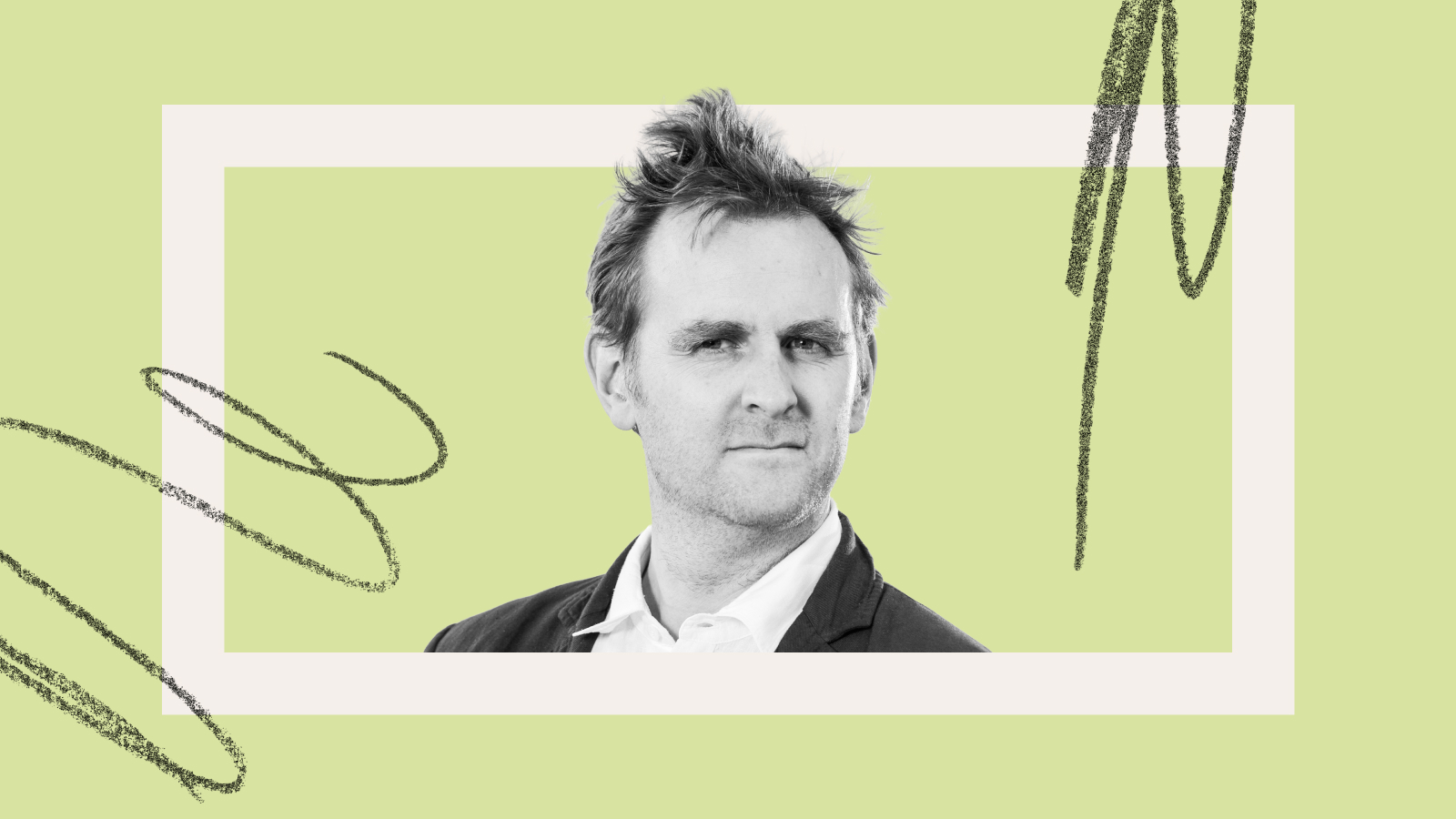Television news is eroding our democracy, Carter says.
Question: What;s the matter with media?
Stephen Carter: No one knows all the answers, but I’ll mention two of them. Let me say two words: television news. Television news. Fifty years ago when television news was young, the philosophy of television news was basically just broadcasters on television. It was reporters on television, somebody trying to say what happened. That was what they did. You might have 30 minutes of news without a single televised clip of anything. Just somebody that’s just sitting there reading the news, sometimes at great length. That was television news. It was simply an effort to inform. Nowadays in an effort to entertain and to play to the gallery, it matters if there are pictures. It matters if there are jokes you can tell. It matters if you can get people on and yell and scream at each other. That’s really taking us down a sad path. Everyone says it, but I think it’s truth. That’s emphasized the notion that the right way to have interaction is to have very strong advocates that will call each other names. One thing that’s striking about the way the news is today. Take an issue – a contested issue – abortion, the war, whatever you like. News today is very good at telling us people’s positions on these issues – candidates. It’s very bad at telling us why they have their positions. It strikes me that one of the jobs of a news reporter is not to say, “So and so is for or against abortion rights.” But what’s so and so’s argument? Why does so and so believe that? I . . . I . . . Years ago I ran into a guy who was a retired reporter for a major newspaper, and he was lamenting what had happened to the news. And he was telling me how when he was coming along in the ‘60s, if the President announced a new Urban Affairs Initiative, the headline would be the next day “President Announces Urban Affairs Initiative”, and the story would be explaining what it was. This is what the President proposed. That’s the story. Today, he said – and we had this meeting in the ‘90s – today he said the story would be “Republicans Attack President’s Urban Affairs Initiative”. And the first paragraph is a brief, token summary of what happened. The second paragraph is somebody attacking it. The third paragraph is somebody defending it. You never take much time to explain what it is. The important thing is who’s going to win, who is going to lose, who is on which side. That’s one thing . . . Certainly that’s to help take us down, but that’s not the only thing. Luxury is the big problem. Luxury. We’ve been a generation – here I speak of myself and the other baby boomers – who have had everything. We don’t feel as though we’ve had everything. We’re constantly complaining. Everything has gone wrong in our lives. But there’s a sense, when compared with the rest of the world, we’ve had everything. We’ve had everything we could want. And that’s given us a lot of time to ruminate, maybe too much time to ruminate. I think our luxury has made us incautious in how we use democracy.
Recorded on: 7/25/07





